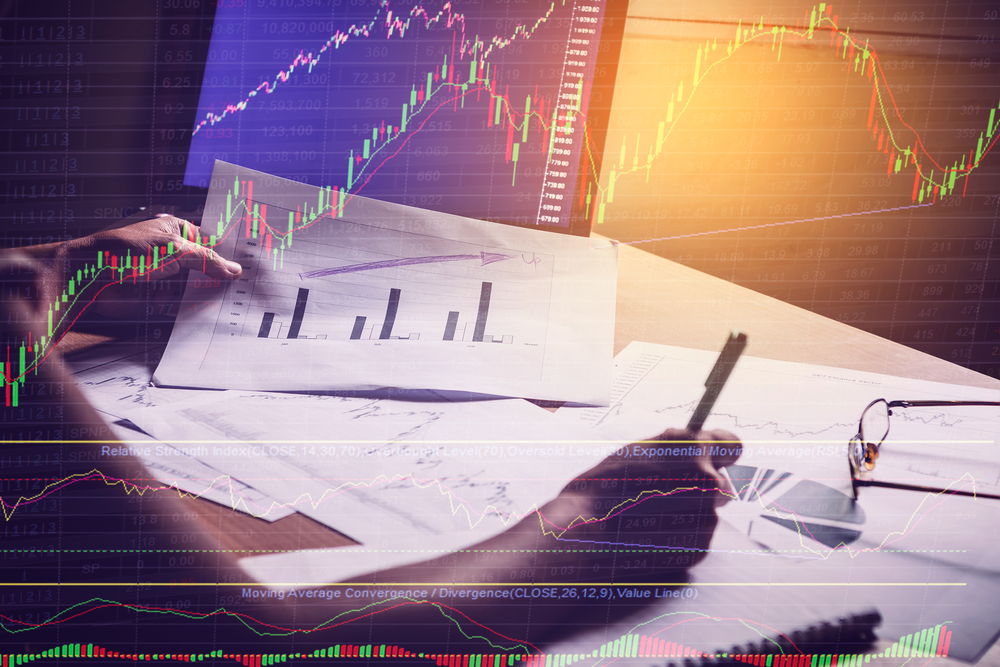
Learn How to Trade Forex: A Comprehensive Guide for Beginners
Forex trading, which involves exchanging one currency for another on the foreign exchange market, offers traders a wealth of opportunities. Whether you’re an individual looking to capitalize on the movements of currencies or simply curious about how the global economy operates, forex trading can be an engaging and lucrative endeavor. If you’re keen to learn how to trade and navigate this dynamic marketplace, you’re in the right place. This article serves as a foundation to help beginners delve into the world of forex trading.
What is Forex Trading?
Forex, short for “foreign exchange,” pertains to the global decentralized marketplace for buying and selling currencies. With a daily volume surpassing $6 trillion, it is the world’s largest financial market. Currency pairs like EUR/USD, GBP/JPY, and USD/JPY are actively traded on the forex market.
Why Trade Forex?
- Liquidity: With its massive trading volume, forex is highly liquid, ensuring price stability and making it easy to enter or exit positions.
- Accessibility: Forex markets are open 24 hours a day, five days a week, allowing traders from any time zone to trade at their convenience.
- Leverage: Forex brokers offer significant leverage, enabling traders to control a large position with a relatively small capital.
- Diversity: A plethora of currency pairs, including majors, minors, and exotics, provide traders with various trading opportunities.
Steps to Learn How to Trade Forex:
- Education is Key: Before diving into live trading, take the time to educate yourself about the basics of forex. Understand key terminologies like pips, lots, margin, and leverage. There are numerous online resources, webinars, and courses that can help you learn how to trade effectively.
- Choose a Reliable Forex Broker: Research potential forex brokers. Prioritize those that are well-regulated, offer a user-friendly trading platform, and have positive reviews from other traders.
- Demo Trading: Most brokers offer demo accounts, allowing you to practice trading with virtual money. This is an invaluable tool for beginners to get familiar with the trading platform and develop a trading strategy without risking real money.
- Develop a Trading Plan: Determine your risk tolerance, profit goals, evaluation criteria, and trading strategy. This will serve as your roadmap, ensuring you stay disciplined and avoid emotional trading decisions.
- Stay Updated with Market News: Economic events, geopolitical issues, and interest rate decisions can influence currency values. Regularly follow financial news sources to stay informed and make well-calculated trading decisions.
- Risk Management: Always use protective measures like stop-loss and take-profit orders to safeguard your investments. Determine in advance how much you’re willing to lose on a trade and set your positions accordingly.
Common Mistakes to Avoid:
- Overleveraging: While leverage can magnify profits, it can also magnify losses. Ensure you understand how leverage works and use it judiciously.
- Chasing Losses: If you face a string of losses, it’s essential to maintain composure. Avoid the temptation to make hasty decisions in an attempt to recoup losses.
- Ignoring Fundamental Analysis: While technical analysis is vital, neglecting fundamental analysis can be detrimental. Being aware of major economic announcements can save you from unexpected market moves.
Conclusion:
Forex trading is a skill that requires patience, discipline, and continual learning. For those willing to invest the time and effort to learn how to trade, the rewards can be significant. With the right education, a well-thought-out trading plan, and a keen awareness of the market, you can navigate the dynamic world of forex trading and capitalize on its vast potential. Remember, like any investment, there are risks involved. So, always trade wisely and responsibly.







